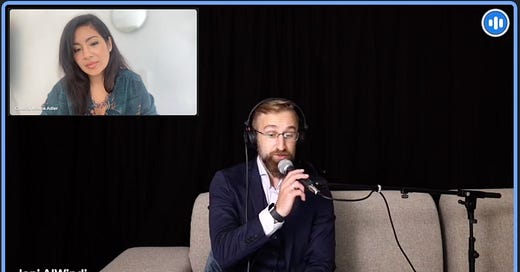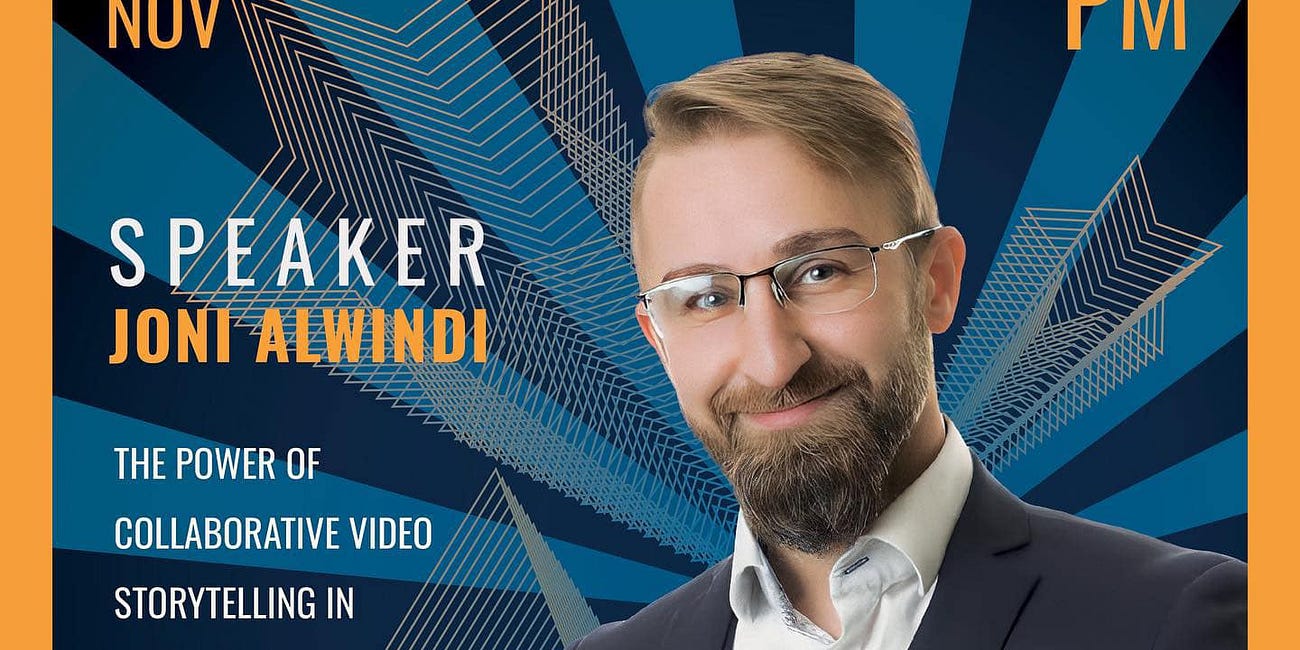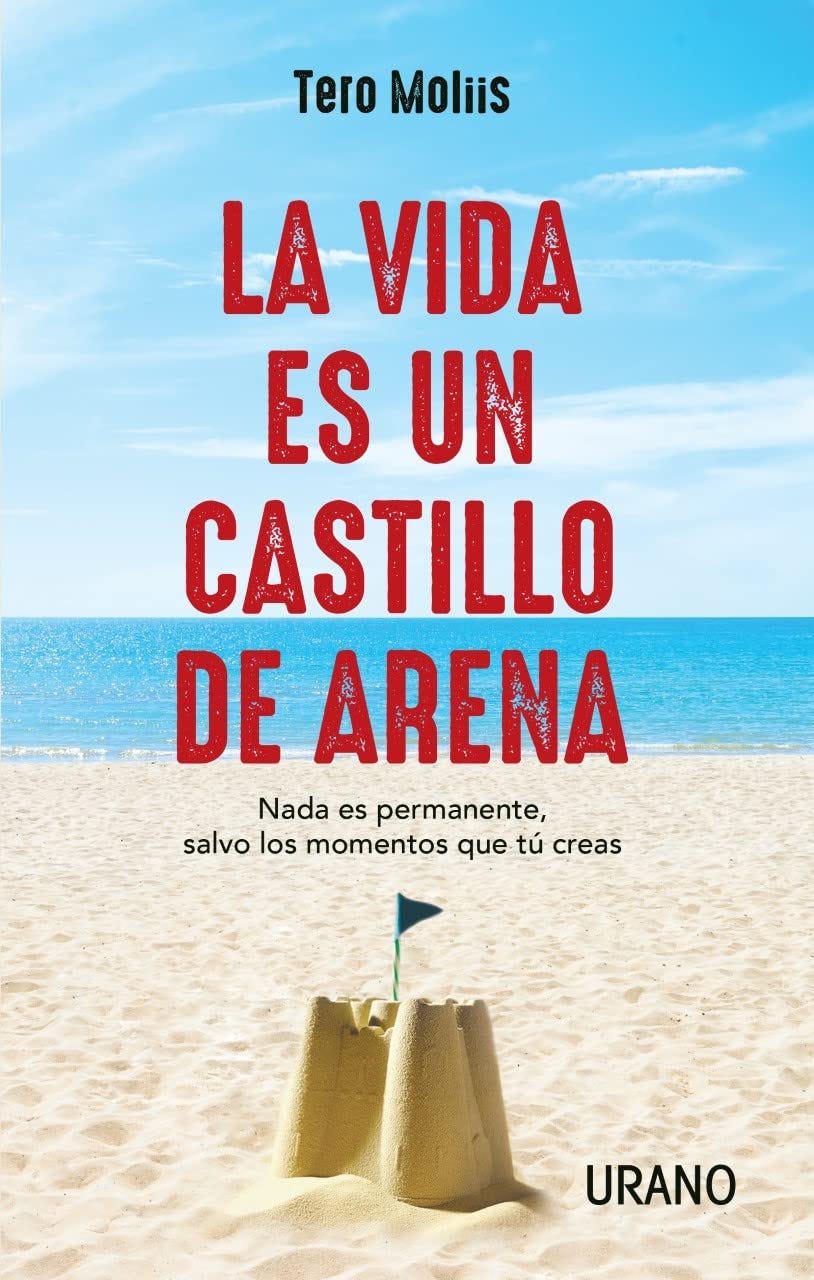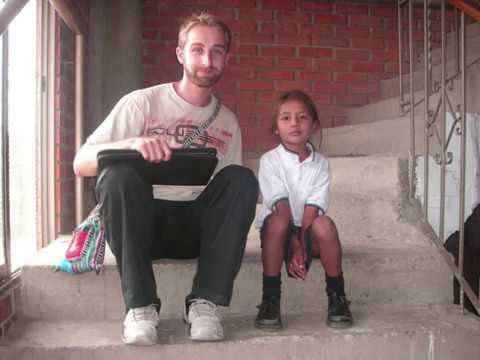Following up on the last Newsletter's concern expressed by Prof. Jari Multisilta, shared by many and understood incorrectly by some, we continue to promote Teacher Training and Education Leadership Courses in this Newsletter.
I think we gave the tools, but we didn’t teach teachers enough to teach how to use those tools.
ETJ 009: September Newsletter
Video Storytelling Pedagogy for All & Personalized Immersion in the Finnish Education Ecosystem September started out with another customized course in collaboration with VisitEDUfinn on Productive Adoption of ICT in Education for a teacher group from Portugal. While observing how most teachers and directors received in Finland the last few months from
Seeking to develop new learning and teaching methods since the arrival of YouTube, Facebook and the iPhone, Prof. Jari Multisilta and Prof. Hannele Niemi from the University of Helsinki developed the Global Sharing Pedagogy Model.
Based on this model and after countless number of workshops and talks related to the topic, we're now launching our own Video Storytelling Pedagogy course for teachers. For more information and a preview, please contact us through the link below.
Video Storytelling Pedagogy - Preview
Video Storytelling Pedagogy as an innovative teaching and learning method was researched by pioneering researchers at the University of Helsinki and beyond, since the arrival of YouTube and Social Medial. Learn why now is the time to take this seriously in your school.
For Education Leaders, we're launching the Education Leadership in Finland online course by Anna-Mari Jaatinen, Award-winning Principal and School Leadership Coach. More information coming soon in the link below.
Education Leadership in Finland
Preview to the Online Course on Education Leadership in Finland by Award-winning Principal and School Leadership Coach Anna-Mari Jaatinen.
Please also visit Anna-Mari's website for more information on her other top-level programs. For a review on Anna-Mari's vast experience and expertise, please enjoy our podcast interview from last semester.
Student and Teacher Opportunities in Spain
Our collaboration with Instituto Escalae continues to Girona in Spain and the University Escola Universitària ERAM promoting an exciting opportunity for international students to study Film, Design & Communication in Spain. In Finland, this collaboration extends to include studentum.fi, with more information on this.
Another new collaboration includes the opportunity for a Finnish teacher to work a year in a top school in Spain. Please reach out in a private message, if you're curious to hear more.
Podcast Features
In October, we published the podcast interview with a surprise guest from Mexico, Tero Moliis, a strong promoter of human creativity as a life philosophy. Originally from Finland, he has traveled the world visiting more than 100 countries and has now lived in Mexico for 20 years as a naturalized Mexican. As a business developer, mentor, educator and speaker, he's also the author of the book Life is a Sand Castle, where he beautifully narrates his life philosophy for everyone to learn from about the true value of living in the moment and creating, always creating, in whatever way you can.
Tero has extensive experience in the world of Start-ups, in entrepreneurship, gamification, digital learning tools, game design and user experience. He has published multiple board games worldwide. He considers himself an explorer of learning and an enthusiast of unlearning. To learn more about Tero Moliis, please connect with him here on LinkedIn and get his book in English or Spanish on Amazon.
Honouring the Hispanic Heritage Month, Claudia Milena Zapata Adler, PhD, joined the podcast to tell her powerful story of her Colombian heritage, starting with the bright upbringing of her grandmother to the darker times of her mother's, leading up to a long struggle to bring a large family to the UK, where Claudia, the daughter, slowly but surely finds her way towards the pursuit of a fruitful life and career.
Her recently published PhD thesis "Beyond Schools and Jobs: How Education Can Empower Women and Girls to 'Become'" is a a deep journey and a powerful result of this story, and most likely only the beginning of the heritage that Claudia herself will leave to the generation of her children and beyond. An extract setting the tone of the thesis and that initiates our podcast interview is the following:
Abuela learned to read, write, and do basic mathematics by peering through her brothers' primary school window. Her father had dismissed the idea of her going to school. The belief about girls’ education at that time was that they did not need schooling. Schooling was for the men who had to seek employment outside in a market economy. It was a waste of time, in his view. Sixty percent of the population in Colombia were illiterate: education was an excessive privilege... Abuela did her best to present her case to her dad. She pleaded with him to send her to school. Turning to his daughter he replied with bewilderment, unable to understand why school would be attractive to her: “Para que mija?' (For what dear?), he said. He was always calm, always gentle, never angry, unable to imagine that his daughter’s life would be met with deprivation or require her to seek the help of anyone besides a devoted husband, who would provide and care for her and her children as he had always done.
Please enjoy the full PhD thesis and connect with Claudia Milena Zapata Adler, PhD, directly on LinkedIn.
5 Years in Colombia - How I Reeducated Myself on the Streets of Laughter
On my own journey, I published a special excerpt which is additionally the beginning of an upcoming spin-off novel called “Vanessa and the Fight for an Education - about the Children in the Slums of Colombia”, based on my true experiences behind the scenes, and on the true stories heard, read and researched around the children in the slums of Colombia. October also reached the final excerpt published on my first field research adventure in Colombia.
Excerpt "Chapter 39"
The little girl had been left alone on the stairs when the doors to the ground floor classrooms had been closed and the lessons for the older students had begun. The two foreigners, my colleague Patrik and myself, had been a funny element in her everyday life. She had asked Gerardo if Patrik was sick, because he was talking so strangely. Patrik did not speak Spanish, which seemed to be a new experience for her. Gerardo said afterwards that she had sat hungry and waited for her mother. She had not been able to pay for the school lunch of 100 pesos and her mother was delayed in picking her up. When I heard her story, the photo of the two of us together became so significant that it traveled with me to the other side of the Atlantic as my favorite picture in my presentations of the fieldwork in Aguablanca.
Vanessa and the Children in the Slums of Colombia
Meeting the principals and head teachers was very rewarding, as we could hear fascinating stories about their dedicated work with the children. Often at small chairs as work tables and sometimes in the principal's own room, I gradually got to learn much more than I could have imagined. In addition to my questions, I heard insightful stories about how th…
Excerpt "Chapter 40"
In the field, the entire morning would then consist of intense walking from school to school, visiting and interviewing principals and head teachers. We’d both have an initial introduction with the principal and make a superficial observation of the school, before splitting up into two teams for deeper analysis. Patrik would join a teacher or assistant, who could show him around in the school to observe its infrastructure and the availability of various material inputs, while checking off our list of aspects to study as well as taking notes of various observations. In the meanwhile, I’d have a survey interview with the principal to learn about administrative and school management aspects. Most importantly, I’d check a number of aspects regarding amount of pupils, amount of teachers, salaries, fees, school ownership type and date of formal registration.
Finishing in the Field, for Now...
After finding out the most effective way to work in Aguablanca, our days started becoming quite intense. From early morning, we would start by going to a neighborhood coffee shop for breakfast. A couple of days a week, we managed to fit in a workout at a local gym before this. Ivan was the great spirit, who motivated us to join him for an energized start of the days. At the coffee shop, while enjoying the beautiful, sunny mornings that never seized to impress me, we’d gather our thoughts for the day and go through the routs that we had mapped out the day before. After breakfast, we’d take a taxi to one of the youth houses, where we’d meet up with our street educators, safety escorts and/or guides for the day.
This concludes the October Newsletter. Stay tuned for the next one.
Published by Joni AlWindi
The EdTech Journeys Newsletter is a monthly compilation of events, columns, podcasts and stories highlighted at the EdTech Journeys platform.








